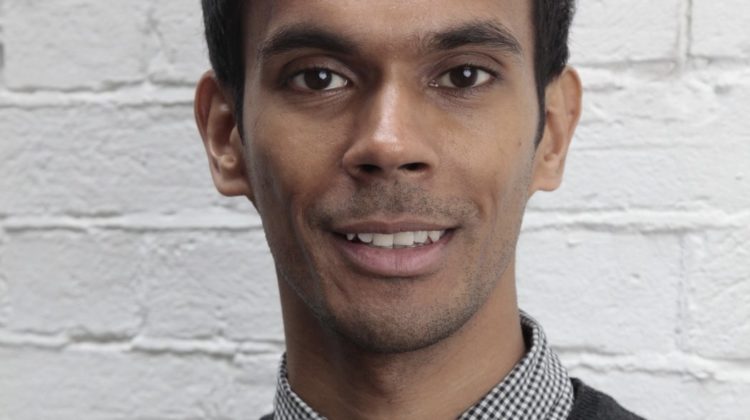
Suba Das is Artistic Director and CEO of HighTide, one of the country’s leading artist development organisations. Ahead of the Inventing the Future Festival at New Wolsey Theatre, featuring Gavin and Stacey star Mathew Horne, Suba talks of how the six extraordinary new plays could not be more timely
I grew up in the North East as a child of working-class immigrant parents; and when my father died suddenly on his way to work when I was only ten years old, my mum raised me and my twin brother, Deba, on benefits. Deba and I both went on to study at Cambridge. He’s now partner at one of the biggest law firms in the world; and my career to date has seen me work as the youngest Resident Director at the National Theatre, and the first British Asian director for the Royal Opera House.
Both of our journeys are testament to the power of education, and how important it is to create access and opportunity. I suppose I’m proudest of the fact that I know my own work has now generated those opportunities for others: for example, with over 300 emerging writers and artists, predominantly from low-income backgrounds, who’ve engaged with our support programmes during the pandemic.
I formally took up my role as Artistic Director of HighTide in October 2019; after seven years as Associate Director at Leicester’s Curve Theatre, one of the UK’s largest producing theatres, where I oversaw developing new work, education, and outreach. The opportunity to focus in closer depth on working with writers, with HighTide’s truly world-class reputation for developing exciting new voices, was what drew me to the role.
There was quite a lot to do when I arrived. Inevitably for a company that had grown so rapidly over its first 13 years, there was a sense for me of what you might call mission drift, with the company creating new festivals in Walthamstow, East London; and Edinburgh; alongside Aldeburgh. I was keen for us to refine our focus a little, ensuring that we were really reaching as wide an audience as possible in East Anglia and that we were doing more for artists locally, while retaining our commitment to creating the most exciting new theatre. Consequently our focus in the pandemic has been to create new relationships, creating a series of online programmes and classes supporting new writers; a digital youth theatre for some of the region’s lowest-income young people; storytelling resources for primary schools and much more. We embraced digital work for audiences with a monologue series about love and hope; and also, with a large-scale “theatre-film” adaptation of our last major production pre-pandemic, LIT by Sophie Ellerby to a fresh round of rave reviews. As reopening became possible, over the past summer we’ve led new projects with communities in Ipswich and Lowestoft, using our new writing expertise to help people process and heal; and this work now paves the way for a major project next year which will hopefully see us working in 120 schools across Suffolk!
As for everyone, it’s been a time of Zoom, flexibility, last minute changes and such like. However, we know that by innovating wherever we could, we in fact reached many more people in Suffolk from a wider range of backgrounds than ever before. So, we’re holding on to that learning, for sure.
It’s important to underline that Aldeburgh remains in our hearts at HighTide, and we have plans already underway to take new shows there next year as well as back to Halesworth. My ambition is for HighTide to create new work (whether this be our professional productions, or our outreach and artist development work) that reaches across East Anglia; developing the networks and partnerships we’re building in places including Lowestoft, Bury St Edmunds, and Colchester too. A new base in Ipswich is vital for building these links enabling us to get out across the region in every direction; and means we’re down the road from our friends at Suffolk County Council as now more than ever as we emerge from the pandemic, it’s really important that all cultural organisations are contributing to the recovery. We’re achieving this by working year-round in East Anglia, as opposed to focussing our energies into a single festival a year; and now collaborating more closely with other, bigger festivals such as First Light in Lowestoft and Latitude to provide theatre programming. So, the idea is more people across the East will get to encounter HighTide more regularly.
I think the fear, to be honest, is that we’re about to lose diversity in the arts. Reports are coming in every day of artists, administrators, technical staff leaving the theatre sector due to the huge financial challenges created by the pandemic; and of course, we all live in a society in which women, people of colour and disabled people are generally likely to earn less, not to mention of course those who already come from working class backgrounds. So, these are the voices we’re potentially most likely to lose, and so our focus at HighTide moving forwards is how we do whatever we can to prevent this being the case. And it’s important to underline that this isn’t about doing anyone a favour – when I think of some of HighTide’s greatest successes, hit plays by writers like Theresa Ikoko, Ella Hickson, Vinay Patel, it feels really clear to me that we need to protect that diversity.
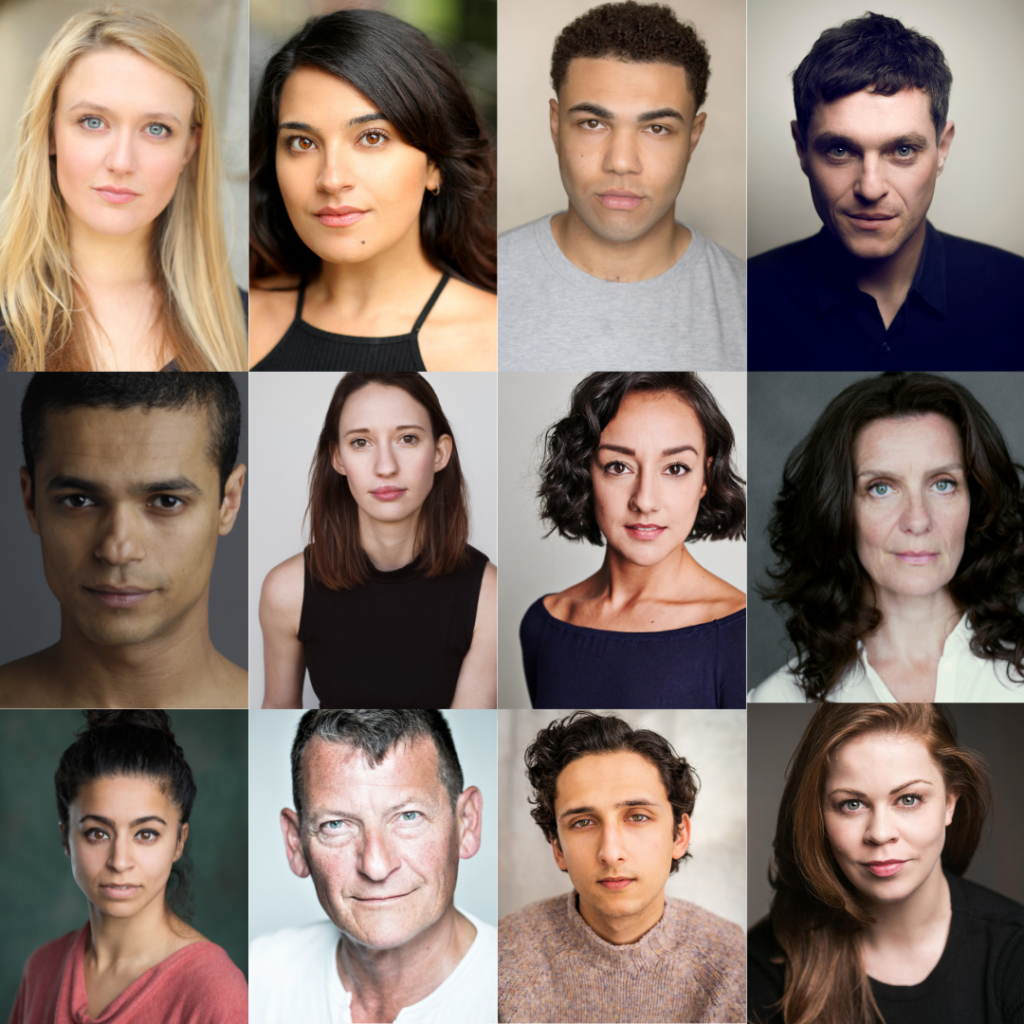
With the Inventing the Future Festival, we’re presenting readings of the most exciting new plays that have come through our development programmes during the pandemic; alongside free audio installations and short films made with a range of communities and goodness knows, there were so many incredible stories that making choices was hard.
The plays are indeed timely but have all been in development for over a year. So, a play like KABUL GOES POP, about the first rise of the Taliban in the early 2000s has become especially relevant again in the last couple of months. Similarly BUMP by Kelly Jones, exploring how white working-class boys are becoming increasingly radicalised by online hate, hits even harder now after the recent shootings in Plymouth. And END CUBICLE by Kat Rose-Martin exploring gender violence, a refreshed conversation post Sarah Everard; ZIDANE OF THE ENDS touches on racism in football, which we all witnessed after the Euros final; OCO-2 asks what young women can do in the face of climate crisis; and John Webber’s WAKE UP PEOPLE responds most directly to the past year, created from John’s experiences of going out to observe anti-vax and anti-lockdown marches and to try to understand why so many people are becoming conspiracy theorists. In many ways, the programme fundamentally proves why we all need diverse, talented writers. Artists are always drawn to the unresolved issues in society; the things we don’t necessarily yet have answers for. We all of us benefit from the work they do on our behalf to expose the hidden and bring light to darkness. And absolutely important to say: the plays do all explore tough themes, but they do so with bucket loads of joy, humour, pop music and defiance. Above and beyond anything else at HighTide, we believe in giving people a good night out!
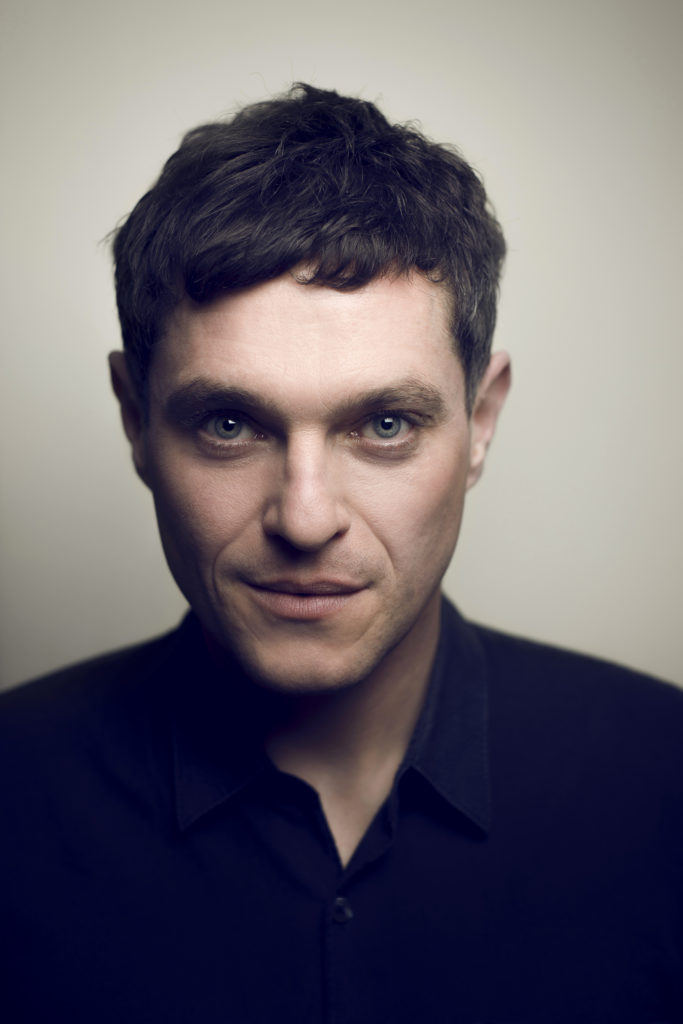
Mathew Horne of Gavin and Stacey will be one of the actors giving a rehearsed reading of one of six extraordinary new plays at the Inventing the Future Festival this month. Produced by leading UK theatre company, HighTide, the festival will showcase emerging theatre writers from diverse communities at the New Wolsey Theatre in Ipswich, Suffolk, from Friday 22 to Sunday 24 October. Tickets for the live readings are available from the New Wolsey Theatre and all tickets for the readings are just £5. For festival updates, find HighTide on Instagram, Twitter and Facebook, and follow #inventingthefuture. Inventing The Future is also being promoted by the new regional cultural campaign, Head East. For more information, go to www.visiteastofengland.com/head-east. Inventing the Future also includes an online theatre symposium.

Featured image of Suba Das – picture credit: HighTide




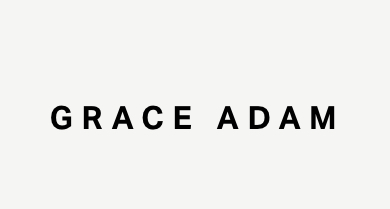



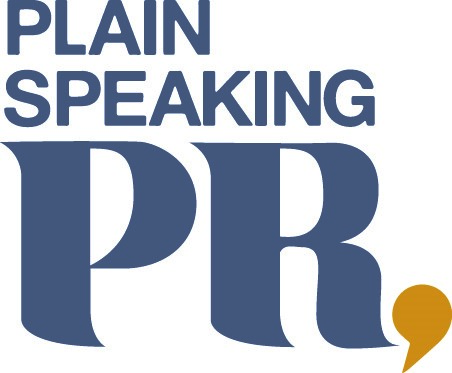
Leave a Reply